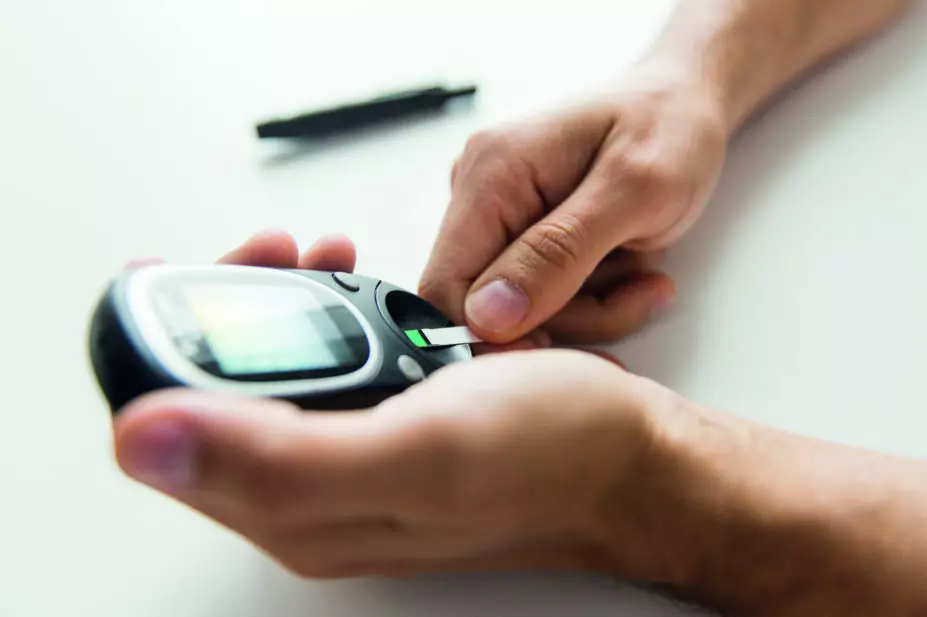
Shutterstock.com
It has been debated whether self-monitoring blood glucose (SMBG) levels has any value in improving glycaemic control for patients with type 2 diabetes not requiring insulin. Despite this, more than 75% of these patients report doing so regularly.
In a year-long study published in JAMA Internal Medicine
[1]
(online, 10 June 2017), researchers assigned 450 patients with non-insulin treated diabetes across 15 primary care practices to either once-daily SMBG, once-daily SMBG with tailored feedback via messaging or no SMBG at all.
At the end of the study, the researchers found no significant differences in HbA1c levels, a marker of recent glycaemic control, across the groups. There were also no differences in health-related quality of life.
The researchers say that SMBG should not be routine for patients with non-insulin treated type 2 diabetes and that clinicians should consider it on a case-by-case basis for individual patients.
References
[1] Young L, Buse J, Weaver M et al. Glucose self-monitoring in non–insulin-treated patients with type 2 diabetes in primary care settings. JAMA Intern Med 2017. doi: 10.1001/jamainternmed.2017.1233


